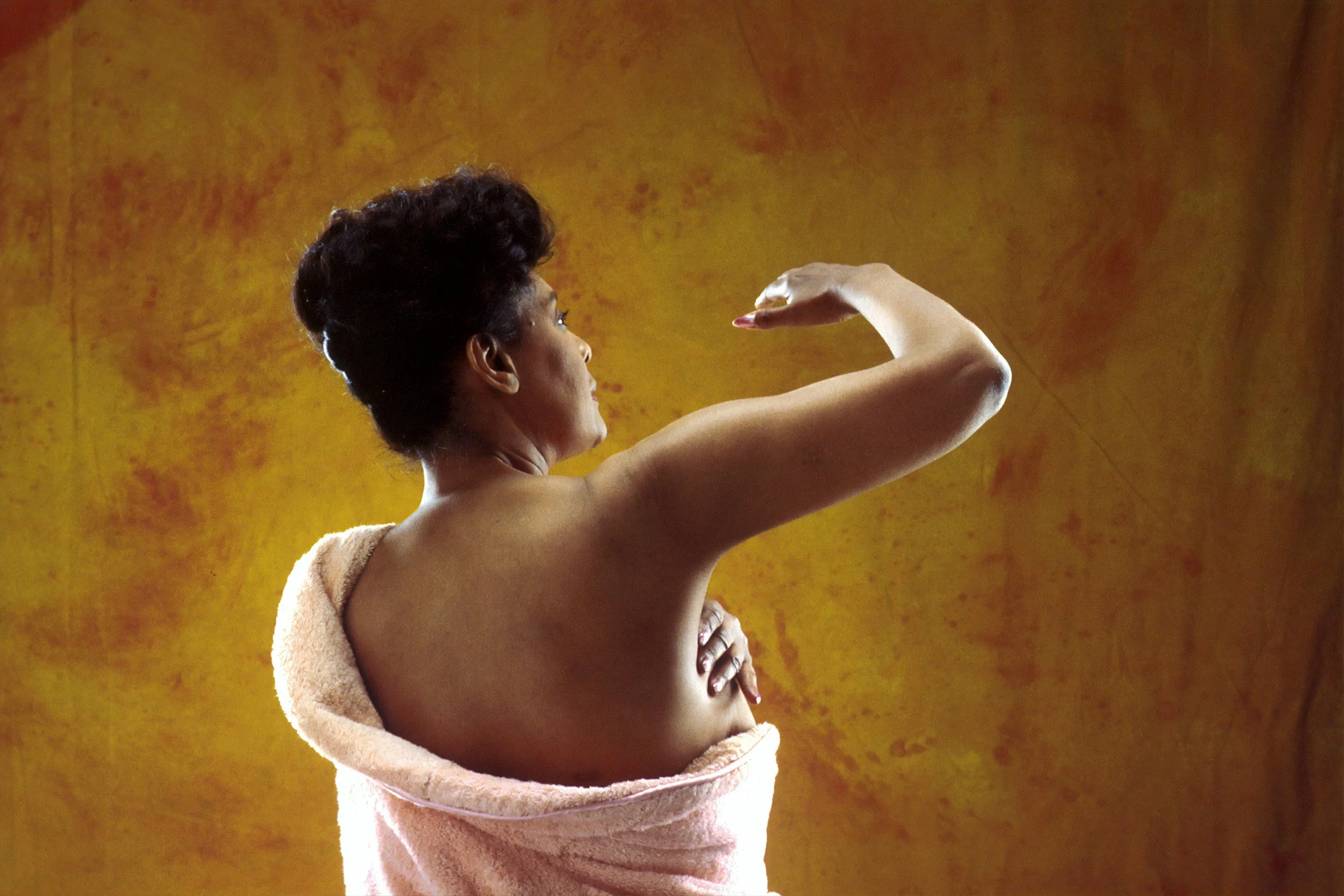Could a Vaccine Finally Stop Breast Cancer Before It Starts?
Breast cancer remains the most common cancer in women in the United States, with an estimated 319,750 new cases projected this year. Globally, the numbers are even more sobering: about 700,000 new diagnoses and 490,000 deaths annually, with the highest incidence rates seen in North America, Europe, and Australia.
In the U.S., one in eight women, roughly 13%, will face a breast cancer diagnosis in her lifetime, and the disease is the second leading cause of cancer death in women after lung cancer. Against this backdrop, where more than 2 million new cancer diagnoses overall are expected in the U.S. this year, a groundbreaking development is offering rare hope, especially for those confronting triple-negative breast cancer (TNBC), one of the most aggressive and difficult-to-treat forms of the disease.
A Breakthrough Emerges: What the Science Says
Earlier this summer, Anixa Biosciences, in collaboration with the Cleveland Clinic, announced the successful completion of a Phase 1 clinical trial for a novel breast cancer vaccine. The vaccine comprises three doses administered over six weeks and targets alpha-lactalbumin, a protein typically only expressed during lactation but found in approximately 70% of TNBC tumors
In this early-stage trial involving 35 high-risk women, those with prior early-stage TNBC or genetic predisposition, more than 75% exhibited a strong immune response, with the only reported side effect being mild irritation at the injection site. The results suggest not only safety and tolerability but also a promising activation of the immune system against the cancer protein target .
Despite the encouraging outcomes, researchers caution that Phase 2, expected to begin in 2026, will be critical for demonstrating true efficacy by including larger cohorts and additional breast cancer types. Funding uncertainties—particularly related to Department of Defense allocations, are a wrinkle that research teams are vigilantly navigating
Why This Matters For Women, For Hope
TNBC is uniquely devastating: Unlike other breast cancers, TNBC lacks estrogen, progesterone, and HER2 receptors, making it less responsive to common targeted therapies. It grows quickly, is more likely to recur, and presents a lower five-year survival rate of about 77%.
Prevention, not just treatment: This vaccine follows the paradigm of inoculating before the disease strikes. By training the immune system to recognize alpha-lactalbumin, the goal is to stop tumors before they ever form.
A potential model for eradication: If successful, widespread vaccination could eventually eliminate breast cancer much like the success seen with polio vaccines.
The Road Ahead
While it’s tempting to herald this as a cure, experts emphasize cautious optimism:
Trials must scale and diversify. Larger, controlled studies are essential to confirm that early immune responses translate into long-term preventative effectiveness.
Funding and policy matters. The project's future may hinge on continued support from federal sources, which are not always guaranteed.
Broader applicability remains to be seen. The vaccine currently targets TNBC. Whether similar strategies can work for other breast cancer subtypes remains an open and critical question.
What It Means for Women Everywhere
For readers who have lived through early-stage TNBC, carry a genetic risk, or simply want to stay informed: this vaccine underscores the power of immunology and precision medicine. It represents a shift in how we might one day approach not just treating, but preventing—certain cancers.
In the meantime, advocacy, awareness, and support for clinical trials are more vital than ever. This kind of science builds hope on the foundation of rigorous research and if the next phases confirm promise, we could be witnessing the first ripple in what might become a transformative wave.
***
Yvon Lux is the editor of her Apple News channel covering lifestyle news and current events. Her “blogazine” celebrates sisterhood and empowers women by focusing on women’s health, travel, lifestyle, and entrepreneurial news while also sharing the most coveted beauty news and style stories.
When she’s not busy writing about impactful brands, standout products, and lifestyle news, she and her husband can usually be found snuggling with their emotionally needy, perpetually sleepy golden retriever, or she’s chipping away at her Juris Doctor. Connect with her on Instagram and subscribe to her Apple News channel.






